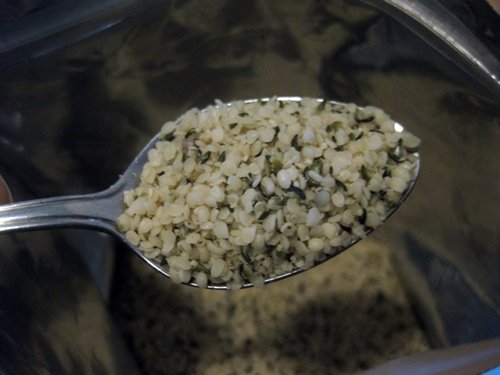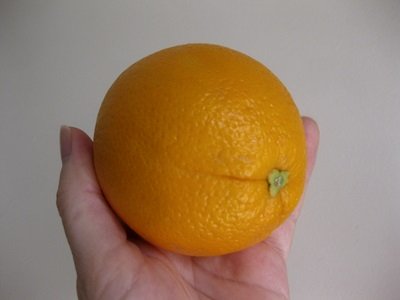I wondered how the elements around me become living parts of me, so I wrote this post. It's purposely done from a layman's perspective, to provide a starting point for further thought and research. If you can't find a source for something I said, please let me know.
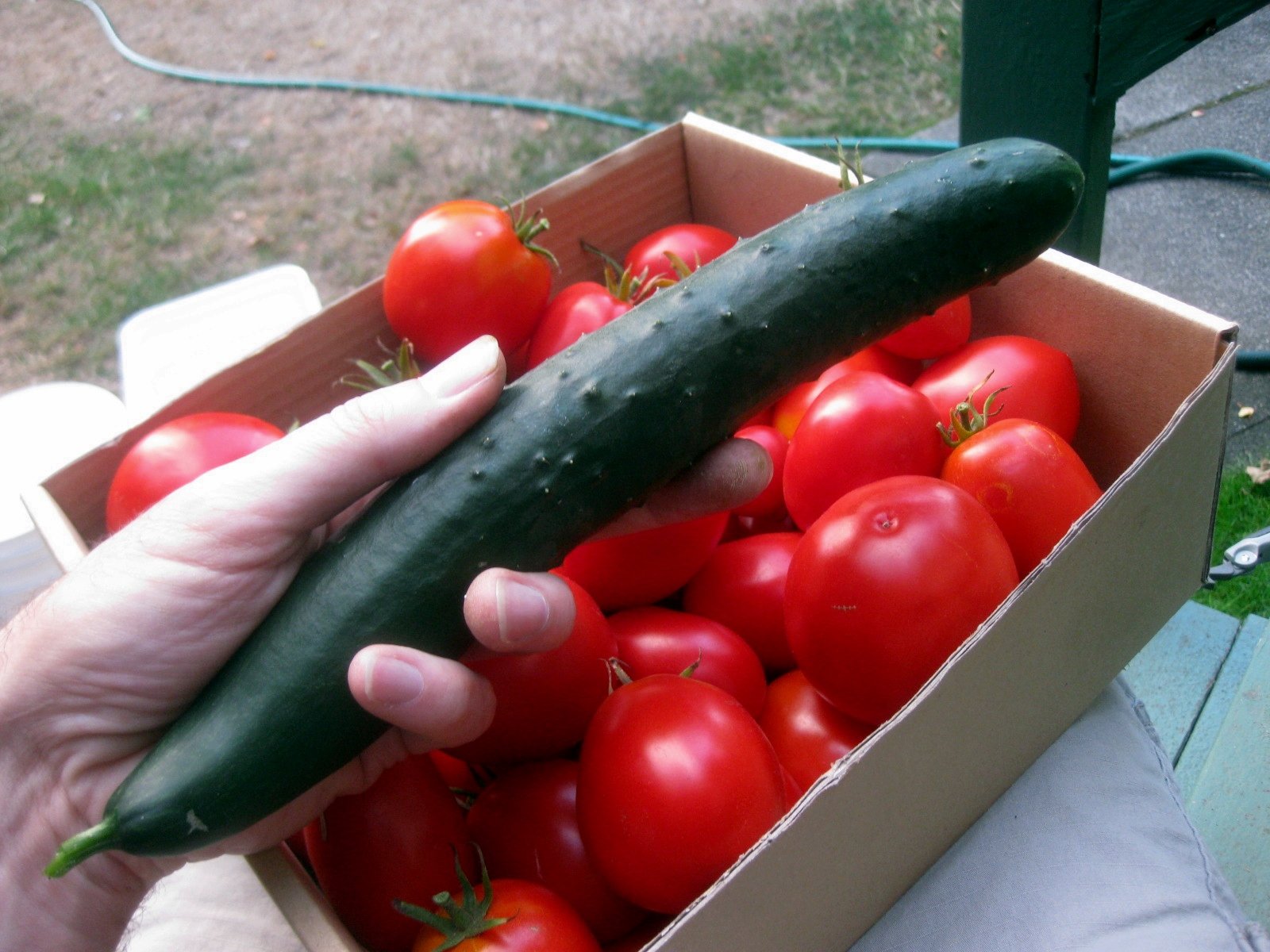
What am I made of?
I am a carbon-based life form. That means the compounds that make up my body have a lot of Carbon in them. I'm also made of Oxygen, Hydrogen, and Nitrogen. Pretty much all of me is C, O, H, and N - the "top 4".




Then there's some Calcium, Phosphorus and Potassium, and a bit of Sulfur, Sodium, Chlorine, Magnesium, and Iron. Ca, P, K, S, Na, Cl, Mg, and Fe. Just trace amounts of a few others.








All these atoms in my body are constantly being replaced with new ones. No living part of me was part of me a few years ago. I'm always replacing and replenishing myself, even the molecules in my DNA.
Where do the minerals that make up my body come from?
Specifically, how do they go from inorganic elements in nature, to molecules in my living cells, my blood, my brain, my bones?
Well, right away WATER comes to mind. H20, a vital source of Hydrogen and Oxygen, basic building blocks of all life on Earth. And speaking of Oxygen, I know that I'm "fixing" it from the air into my bloodstream, with a little help from my Iron atoms. So I know where most of my Oxygen and Hydrogen are coming from; breathing air and drinking water.



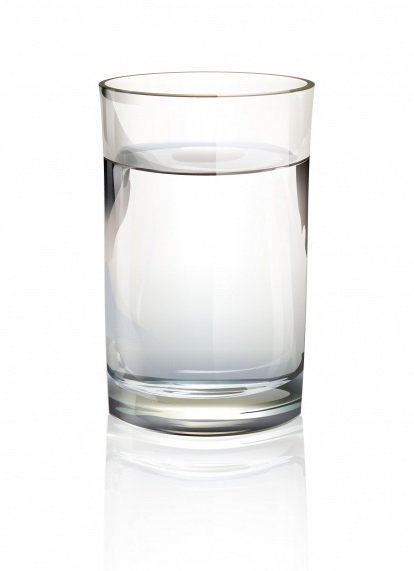


Another of the big ones is Carbon. That's easy, Carbon is is the CARBOhydrates I eat. Carbon is sugar, and long strings of sugar (aka starches). I get that from my food, and enzymes in my gut (with the help of other life forms such as bacteria) make it available to my bloodstream. Carbon makes up my structure, and it also powers me.
There's lots of Carbon in the air, too, in the form of Carbon Dioxide! Is that a source of Carbon for me? Not directly, no. First, it has to hit the green chlorophyll of a plant or algae, along with a ray of sunshine, to be combined - using Magnesium - with a water molecule to form sugar. THEN I can get the Carbon.
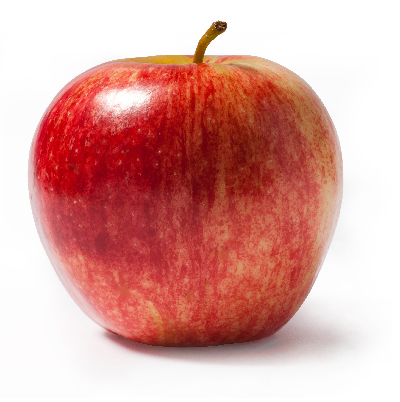


Similar to how I use Iron to process Oxygen, plants use Magnesium to process Carbon Dioxide. Chlorophyll has a chemical formula of C55H70O6N4Mg - one Magnesium atom and a whole bunch of the "top 4". When we eat plants, especially anything green, we're getting their Magnesium, which they absorbed in water with their roots.
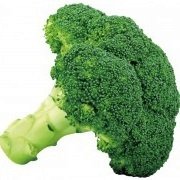


Speaking of the "top 4", what about Nitrogen? Earth's atmosphere is made of it - that's why the sky is blue! I'm breathing it in all the time, but I'm just breathing it right back out again. I can't absorb Nitrogen the way I absorb Oxygen. That's because Nitrogen atoms don't bond very easily (except with each other).
So I'm getting Nitrogen in my diet, then. But how did the Nitrogen get from the air, into the stuff I eat?
Nitrogen is used to form amino acids, the basic building blocks of all proteins, which are the basic building blocks of all life. Everything needs Nitrogen!
Okay, where does a plant get Nitrogen? Like me, it can't just absorb or "fix" it out of the air. A plant's only other source of stuff is absorption in the roots. Plants absorb Nitrogen as NH3, aka ammonia. So where does ammonia come from?
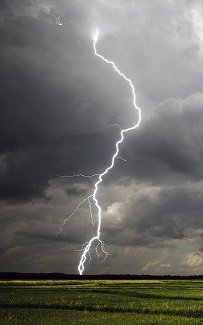
- Lightning - Bolts of lightning burn Nitrogen, Oxygen, and Hydrogen (in the air) to form various compounds, which are carried by rain into the soil, and absorbed by plants.
- Nitrogen-fixing bacteria - Bacteria in the soil convert Nitrogen into NH3 - ammonia.

Plants get Nitrogen from lightning or soil bacteria, build it into amino acids, then I eat the plants, digesting their proteins back into amino acids my body can use. That's basically how I get the Nitrogen I need from the air into my body: bacteria and plants.



Calcium is found in all living cells, so I'm getting it in everything I eat. Plants absorb Calcium from the soil. They use it structurally to build cell membranes and cell walls, in new leaves as part of cell division, and biochemically to perform actions like closing the stomata (pores). I digest and absorb Calcium from the plants I eat.



Phosphorous is the "P" in the "N-P-K" of plant fertilizers. And Potassium is the K. Plants require lots of each, because they use those elements in their systems. When we eat plants, we get Phosphorous and Potassium.






Sodium is extremely chemically similar to Potassium, but in biology they're not the same at all. Plants only need a tiny amount of Sodium, so they contain almost none of it. Animals on the other hand need a fair bit of Sodium - it regulates our blood pressure and it's required to generate nerve impulses. Most animals get it either from mineral sources on land, from salt water, or from other animals. I get Sodium when I add salt to my cooking.
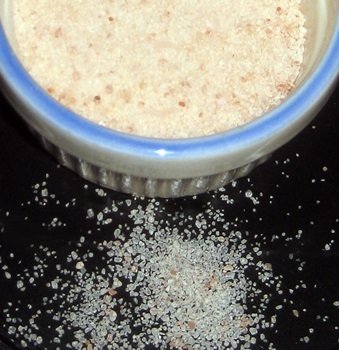


The same goes for Chlorine. Plants need tiny amounts, animals need more. Some proteins require it, and our nerves don't transmit signals without it.
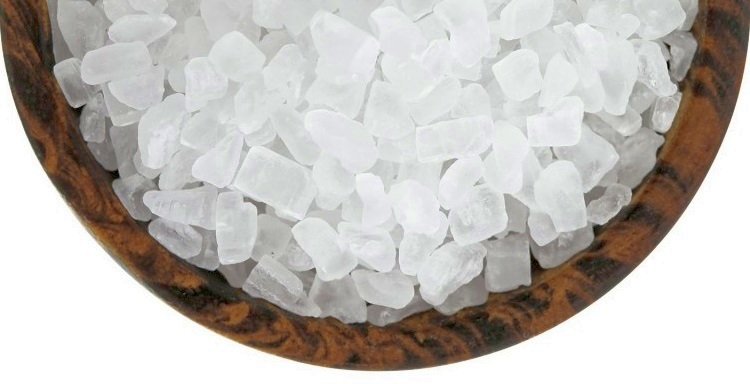


Sulfur is another element that is essential for all life. In plants and animals, the amino acids cysteine and methionine contain most of the sulfur. Humans can't produce methionine - it must be ingested. Two of the B vitamins (biotin and thiamine) also contain Sulfur. Proteins containing the Sulfur-Sulfur bonds between cysteines are rigid, and are used in making hair and feathers. Eggs contain Sulfur to aid feather formation. Burning hair smells bad because of the Sulfur.
Plants (and cyanobacteria) absorb Sulfur as Sulphate (SO4), and convert it to methionine, which I get when I eat anything green, like spinach, beans, or this spirulina.



All life requires Iron: the nitrogen-fixing bacteria mentioned above have Iron atoms in their enzymes, plants require Iron to produce chlorophyll, and I use Iron to carry Oxygen in my blood. Plants uptake Iron through their roots and use it everywhere, especially in leaves and legumes.



That's how I get my minerals
Everything I need comes from the air, from water, from salt, and from plants. With help from bacteria (diazotrophs) and fungi (mycorrhiza), the plants get their needs met using the air, the sun, water, and minerals in the soil.
So far, I need:
- air (x2)
- water (x2)
- plants
- sunlight
- healthy soil with bacteria and fungi
- salt
Vitamins, essential amino acids, and essential fatty acids
Getting all the minerals I need into my system is one thing. There are still certain compounds (specifically constructed molecules) I need to get from my diet, because my body doesn't make them.
The nine amino acids I can't produce myself are phenylalanine, threonine, valine, tryptophan, methionine, leucine, isoleucine, lysine, and histidine. Many plants are complete sources of protein - they provide adequate amounts of all of these amino acids. Quinoa, chia, amaranth, buckwheat, seaweed, soybeans, and many other plants provide me with everything I need all by themselves.

Well, there are two essential fatty acids, too. They're called alpha-linolenic acid (an omega-3 fatty acid) and linoleic acid (an omega-6 fatty acid). Many plants provide one, or even BOTH of them, as with "hemp hearts" (cannabis seeds).
There are 13 other essential organic micronutrients, called the vitamins, and they are: vitamin A (retinols and carotenoids), vitamin B1 (thiamine), vitamin B2 (riboflavin), vitamin B3 (niacin), vitamin B5 (pantothenic acid), vitamin B6 (pyridoxine), vitamin B7 (biotin), vitamin B9 (folic acid aka folate), vitamin B12 (cobalamins), vitamin C (ascorbic acid), vitamin D2 (ergocalciferol) and D3 (cholecalciferol), vitamin E (tocopherols and tocotrienols), and vitamin K (quinones).
I get vitamin D from eating mushrooms (ergocalciferol) and through a natural ability of my skin to synthesize it using sunlight (cholecalciferol). Bacteria in my gut produce vitamin K for me to absorb. The rest of the vitamins are found in plants.
The exception is vitamin B12, which can only be synthesized by bacteria. Animals get it either by eating each other, or directly from the fermentation products of those bacteria. I take mine in the form of a daily B vitamin.
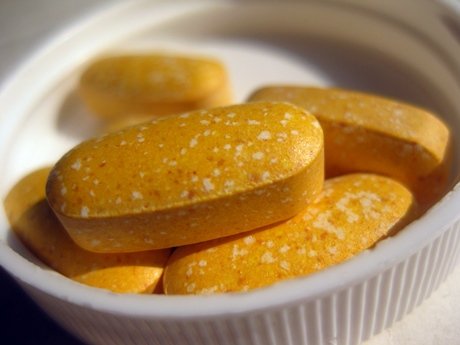
To acquire the essential amino acids, fats, and vitamins, I need to add plants (twice), sunlight, fungi, and 2 more types of beneficial bacteria to my list from above.
Everything I Need:
- plants (x3)
- bacteria (x3)
- fungi (x2)
- air (x2)
- water (x2)
- sunlight (x2)
- dirt
- a pinch of salt
What I noticed when putting this list (and this whole post) together is how vital plants and bacteria are to my survival. I would literally be dead very quickly without them, as would all life on Earth. Fungi are also impossible to live without, even for those of us who don't eat mushrooms, bread, or other obvious sources. And lastly, I need the air, the water, the sunlight, and the soil in order to survive. For me to go on, they must ALL go on as well. If they end, I end. There's no known alternative.
Another thing I noticed was the complete lack of need (at least for me) to obtain anything from other animals. In some cases, it's possible to get what I need by eating other animals, but in no cases is it necessary. In fact, you could say that animals are the only life form on planet Earth I don't need.
Your experiences are your own, of course. I hope this has provided a bit of information, or showed it in a way you hadn't really thought of before. If you have any comments or suggestions I'd be thrilled to read them! Thank you.
DRutter

